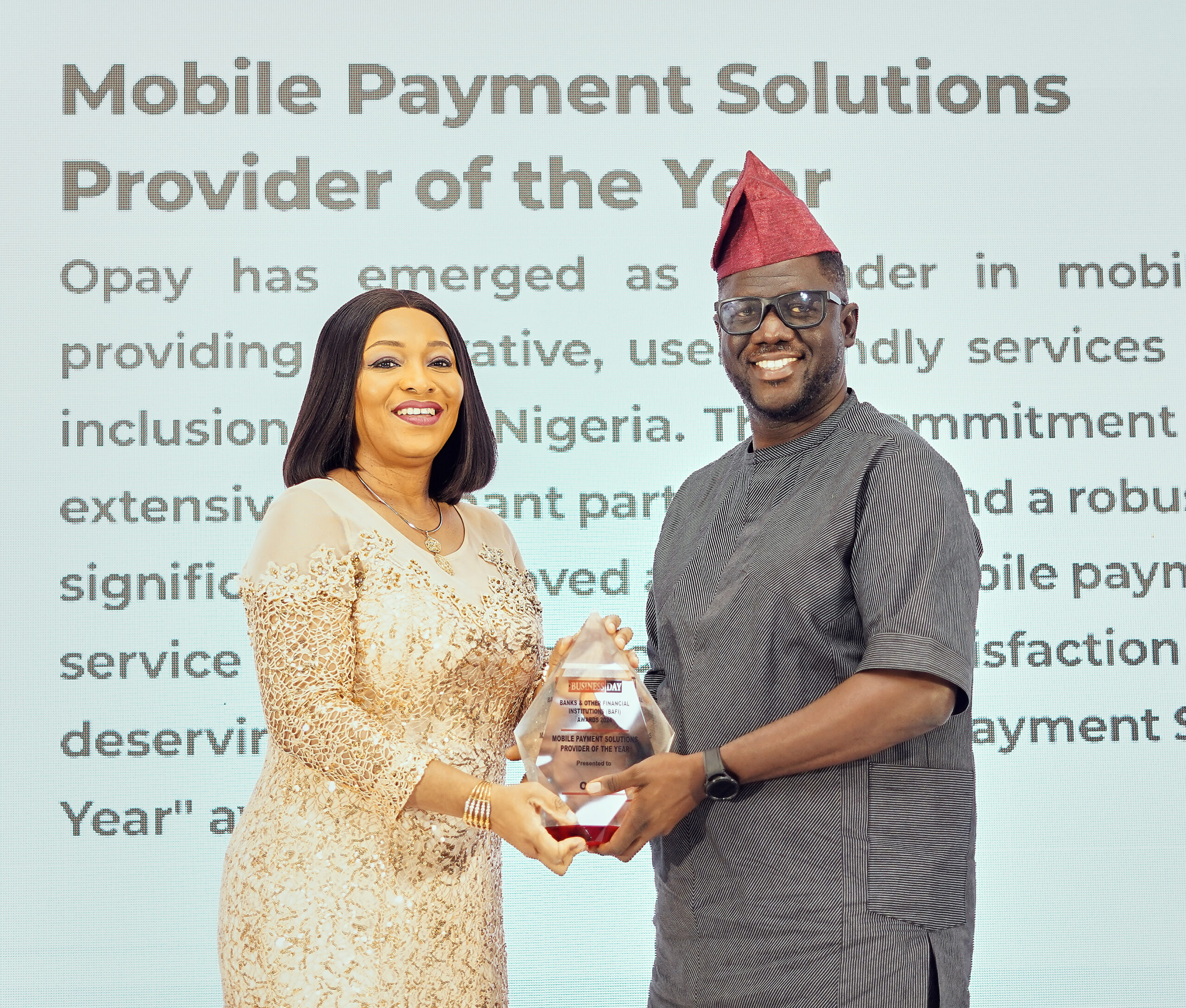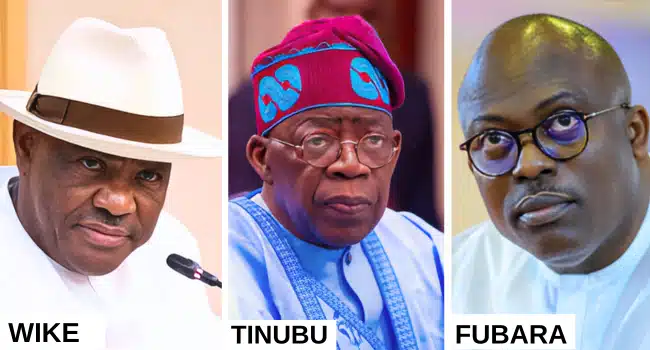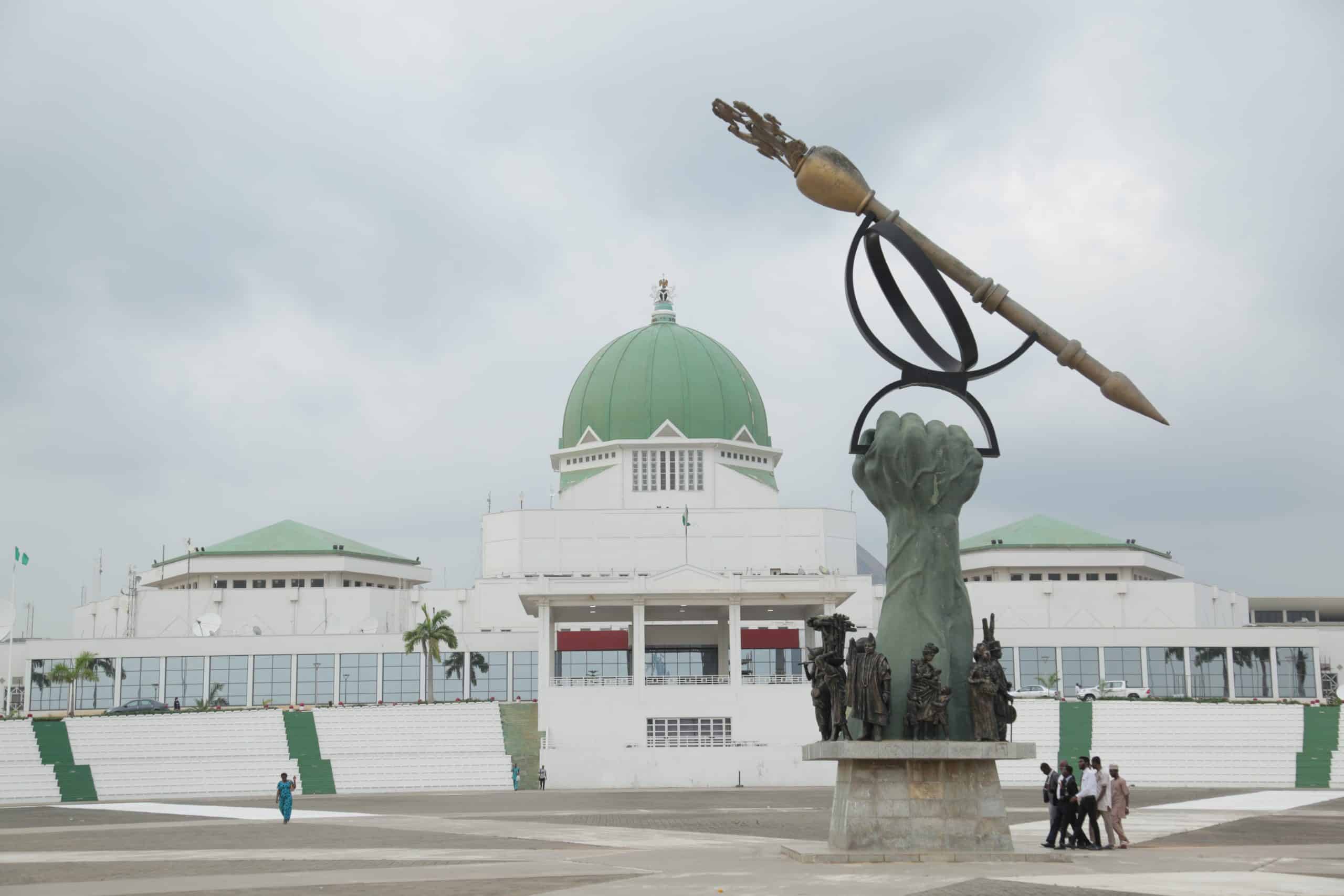Place your adverts here on InfoDig @ low rates; banner ads, sponsored links and guest articles etc. Contact us
The Speaker of the House of Representatives, Rt. Hon. Abbas Tajudeen has called for equal citizenship rights for foreigners married to Nigerian women.
The Speaker made this call during his keynote address at the International Legislative Dialogue on Women and the Constitution Amendment Process in Nigeria on Monday.
The meeting was organized by the House Committee on the Review of the Constitution, according to a statement by Musa Abdullahi Krishi, Special Adviser on Media and Publicity to the Speaker.
Constitution Review
Among other things, Section 26 of the 1999 Constitution (amended) allows the president to confer citizenship on “any woman who is or has been married to a citizen of Nigeria.”
- This does not apply to a foreign man who has married a Nigerian woman.
- However, Speaker Abbas noted that as lawmakers, they are responsible for advancing policies that reflect the values of fairness and equity.
- He directed the Constitution Review Committee to focus on reforms that promote gender equity and provide additional or reserved seats for women in legislative bodies.
“We must work towards joint ticketing in elections, reserved seats, and conferring equal citizenship rights to foreigners married to Nigerian women,” he added.
He stated that reform is a collective responsibility that cannot be achieved through communiqués or promises.
“We must translate today’s dialogue into real, actionable outcomes,” he said.
More Insights
The Speaker stressed the need to empower women, saying their rightful placement is crucial for economic growth.
He stated that authoritative research shows that women who hold leadership roles have played a significant role in facilitating stronger economic growth for organizations and countries.
Speaker Abbas said: “Our goal is to ensure that Nigerian women, an essential part of our nation’s social and economic fabric, secure their rightful place within our governance framework. Empowering women is not only a moral and democratic imperative but also a strategic economic necessity.
“Women bring unique perspectives that influence vital issues, from healthcare to economic policy, creating legislation that resonates with millions. McKinsey estimates that closing gender gaps could add $12 trillion to the global GDP by 2025, underscoring the immense untapped potential of women’s inclusion. Thus, increased representation of women is not a luxury but a necessity for sustainable national development and stability.
“Around the world, particularly in Africa, we see encouraging examples of gender inclusion. Rwanda, with over 60 per cent women representation in its parliament, has shown us that robust, intentional policies work.
“South Africa, Namibia, and Senegal have all taken significant strides toward inclusivity, reshaping their political landscapes in ways Nigeria can learn from. These countries have demonstrated the profound impact of women’s perspectives on governance and development.”
He added that in Nigeria, only 20 of the 469 seats in the National Assembly have been occupied by women since 1999.
“This stark gap speaks not of a lack of capable women, but of the institutional barriers we must dismantle,” he added.
- He advised lawmakers to contribute to shaping the nation’s future by enriching the policymaking process through the ongoing Constitution review.
- The meeting was attended by presiding and principal officers of the National Assembly, ministers, female party and forum leaders, gender-based civil society organizations, and members of the diplomatic corps, among others.














